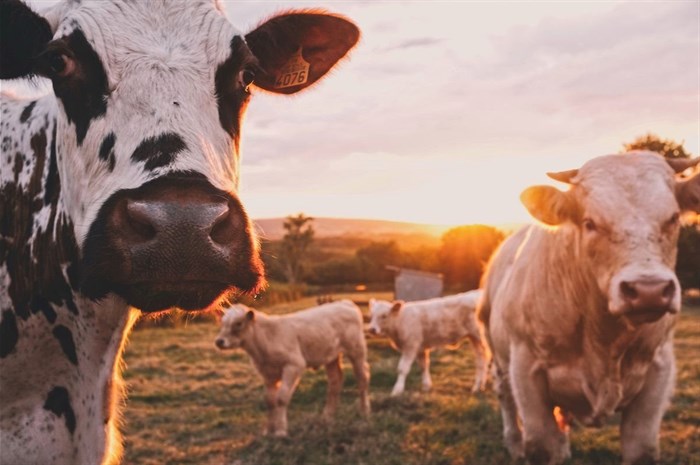
Top stories


ESG & Sustainability#BudgetSpeech2026: SRD grant unchanged, other Sassa social grants see hike
8 hours




More news











ESG & Sustainability
South Africa’s carbon tax should stay: climate scientists explain why










Other crops, such as soybean have also reported above-average yields for the season. "Good sales in farming equipment like combines this year support the notion of above-average harvests," says Roelie van Reenen, supply chain executive at Beefmaster Group. "From a financial standpoint, grain farmers have made considerable gains this year."
However, says van Reenen, in contrast, the beef, chicken and pork industries have not had such windfalls, due to disease burdens such as FMD, Avian flu and African Swine Fever, amongst others. "For those involved in the beef industry, this year was a perfect storm,” comments van Reenen.
Six of nine provinces were affected by the FMD in 2022 and 2023, which temporarily halted exports to some markets, most notably China. Although SA beef exports last year did drop by 12% to 28,422 tonnes compared to the previous year, this was only slightly lower than the ten-year average, according to Trade Map.
"FMD impacted local producers in the sense of hampering the export opportunity. FMD has now largely been contained. This should signal a warning to the industry for 2024, that we need to better manage disease outbreaks to unlock more gains for the industry," says van Reenen.
Saudi Arabia was one of the countries that lifted a 21-year ban on SA beef exports. "This will potentially open up a huge new market for our products, although we are still waiting for trade to commence as we don’t yet have health certificates in place," comments van Reenen.
He says that the resumption of beef exports to Saudi Arabia offers some compensation for the loss of sales in other parts of the world, due to the Middle Eastern conflict. "The conflict between Israel and Gaza has impacted tourist numbers in the surrounding areas of the Middle East, such as Jordan," says van Reenen. "This is likely going to impact beef exporters to such nations depending on if a ceasefire is reached, which at present does not seem likely.”
"We are likely to see a demand for SA beef increase in China in 2024, however, this may come with unattractive pricing structures.
"We have already seen this play out recently in other agricultural commodities as there has been a significant decline in pricing structures for SA produce. The world's second-largest economy is struggling with a property market crisis and slow growth."
Van Reenen says over the past 20 years, South Africa has shifted from a net importer of beef to a net exporter. "This is a great achievement. But the playing field is much bigger now and there are more challenges on the global stage."
Back home, he says poor demand due to SA consumers being under strain has also impacted the industry.
"We have seen stubborn inflation and rising food costs,” says van Reenen, “as well as an electricity crisis that has a knock-on effect on food production costs."
Although high inflation, especially food inflation, isn’t likely to relent immediately, says van Reenen, there is hope that interest rates will ease in 2024, which will bring welcome relief to consumers and could boost demand for beef products.
Nevertheless, he remains confident that an improved mood both locally and internationally could bode well for sales, especially if the general elections next year go well.
"Things are likely to improve somewhat given that it is an election year. If we are at the bottom of the cycle, there will be cause for cautious optimism in 2024. We must remember that there is a lot of work being done behind the scenes, and so there is a glimmer of hope on the horizon. Primary producers will still need to tighten their belts and keep investing in their businesses, but they can expect an increase in demand if new markets continue to open," concludes van Reenen.